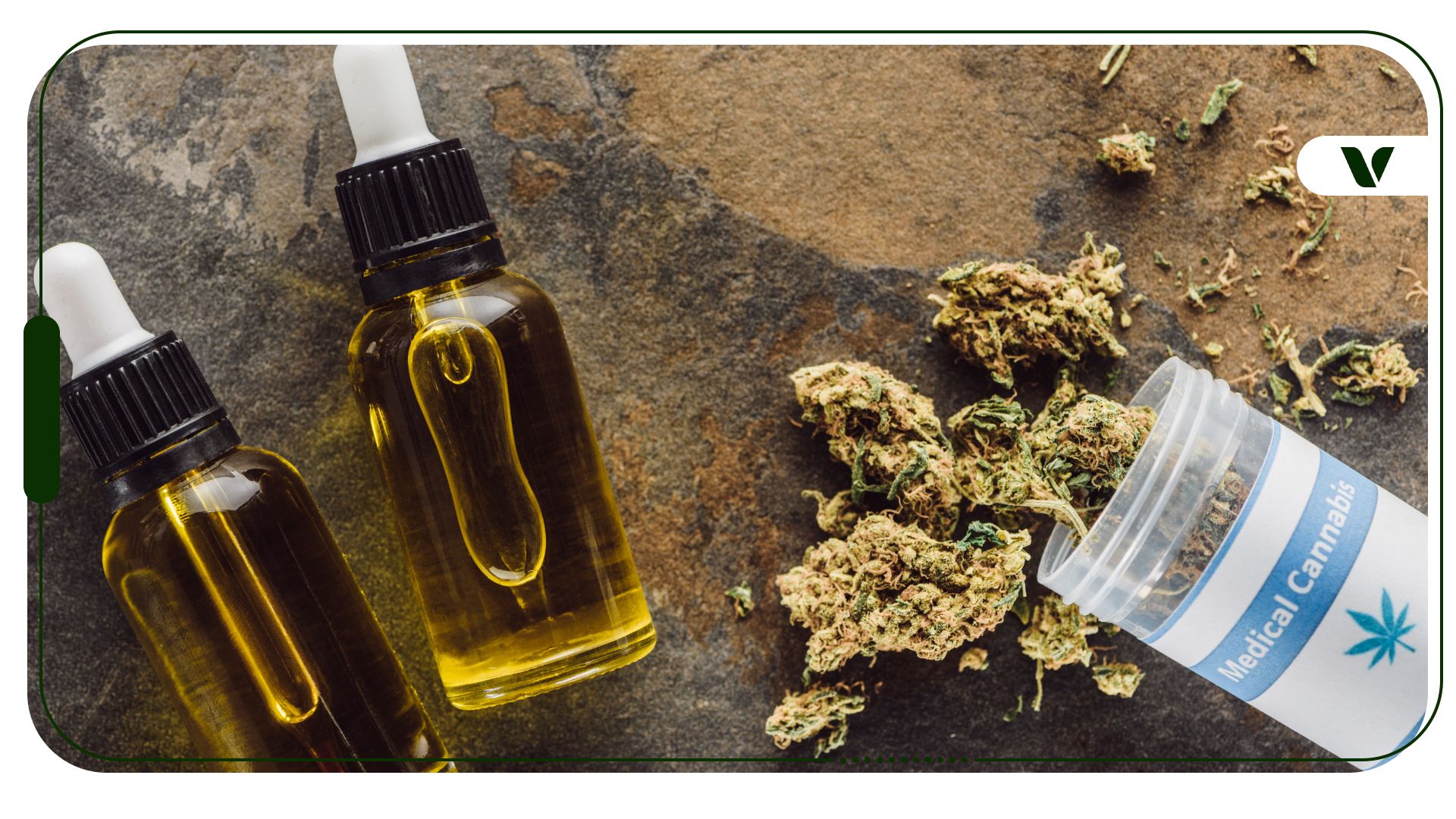On Wednesday, June 30, Governor Tom Wolf (D) of Pennsylvania signed medical cannabis legislation amendments into effect. The newly signed legal framework will boost medical cannabis purchase limits, as well as prolong specific policies that were imposed on a temporary basis when the coronavirus (COVID-19) health crisis initially erupted.
Under the terms of the legislation, House Bill 1024 will extend cannabis curbside services and indefinitely eradicate the patient cap for actively serving caregivers. In addition to this, patients will be given the opportunity to acquire a 90-day supply of cannabis. Previously, registered patients were limited to a 30-day supply. Gov. Tom Wolf (D) was quoted as saying in an official press release:
“It’s been five years since Pennsylvania legalized medical [cannabis], and in that time the Department of Health has examined the program’s successes and challenges and made important recommendations on improving the law. This legislation provides important updates to our state’s medical [cannabis] program to ensure that patients have improved access to medication.”
Pennsylvania’s Medical Cannabis Bill: About HB 1024
HB 1024 follows up on recommendations that were put forward by the Department of Health to amend the Medical Marijuana Act, which was signed by the Governor in April 2016. Mainly, the measure protects patient safety and amplifies product quality requirements, all the while entrusting the state’s Medical Marijuana Advisory Board to consider broadening the program’s list of qualifying medical conditions.
The measure also preserves a handful of flexibilities that were introduced under Pennsylvania’s COVID-19 disaster declaration; after dispensary owners and patients praised temporary COVID-19 policies for the convenience they offered. HB 1024 also eases restrictions on criminal background checks for medical cannabis employees, as well as grants patients the opportunity to communicate remotely with physicians via telehealth.
The bill’s sponsors—which include prime sponsor Rep. Paul Schemel—claim that HB 1024 will also stimulate job creation. They make a good point, considering the fact that the legislation invites hemp cultivators to participate in the state’s supply chain. Currently, approximately 15,895 workers are employed by Pennsylvania’s medical cannabis industry.
Cannabis Advocates Aren’t Completely Satisfied with HB 1024
Although cannabis advocates in Pennsylvania are fairly motivated by the recent codifying of the Governor-signed provisions, many feel disheartened about the fact that the GOP-dominated legislature dismissed an amendment from Sen. Sharif Street (D) that would’ve permitted patients aged 21 and above to grow five plants for personal consumption.
The amendment stipulated that cultivation would need to be conducted in an enclosed and secure space and patients would be mandated to ensure that plants would be kept out of reach of minors.
That change would have marked a distinct expansion of Pennsylvania’s existing medical cannabis program, which only allows patients to procure their medicine from licensed dispensaries. Additionally, the amendment would have only enabled patients or caregivers to take care of their plants. Had the amendment been adopted, penalties would have been imposed on anyone caught violating the rules; such as selling, giving away, or cultivating more than five plants.
A handful of cannabis advocates in Pennsylvania are also troubled about a separate provision that enables businesses to remediate tainted cannabis products. The provision—which seeks to increase the state’s supply of medical cannabis—specifies that contaminated products can be resold as topical goods after undergoing restoration inside an independent laboratory. Yeast and mold are two examples of contaminants that are commonly found in cannabis products.
Pennsylvania’s Medical Cannabis Program is Raking in the Cash
Since medical cannabis was legalized in Pennsylvania on April 6, 2016, the program has been progressing in a northerly direction. Cannabis industry data analytics firm Headset Insights confirmed the industry’s success in April, when it published a report highlighting $909.4 million in recorded sales revenue from April 2020 to March 2021.
Why You Should Get Your Medical Marijuana Card
Veriheal has satisfied millions of patients nationwide by giving them access to these benefits
- Larger purchase limits
- Peace of mind
- Enhanced legal protection
- Access to higher potency strains
- Save up to 25% on cannabis purchases
- Skip the line at the dispensary
Official figures released by the Pennsylvania Department of Health (DOH) confirm that, within one year of the pandemic proliferating across the nation, transactions between growers/producers and licensed dispensaries totaled $1.2 billion. What’s more, sales between dispensaries and patients accumulated $1.7 billion.
Experts feel confident that, in spite of the coronavirus (COVID-19) pandemic, these figures will continue to rise for the foreseeable future. Analysts predict that sales could hit $3 billion within the next few years of operation.
A total of 548.468 patients were enrolled in Pennsylvania’s medical cannabis program as of June 3; based on DOH data. Of that amount, the state reports that there were 349,272 active certifications. Furthermore, 525,232 medical cannabis products—amounting to $28.3 million in dispensary sales revenue—were sold to almost 181,000 patients during the week that began on May 31, 2021.
PA Court Rules that Medical Cannabis Regulators Must Handle Application Revisions
In separate news, the Pennsylvania Department of Health has announced that it cannot allow application redactions from applicants who want to cultivate or dispense medical cannabis under the state’s public information law. The instruction, which was confirmed by the state’s highest court on Wednesday, is valid regardless of the strain it puts on the department.
A lower court cast a similar ruling, which was appealed by the DOH’s lawyers. In the case of the department’s appeal, lawyers asserted that knowledge of security and proprietary issues is only maintained by cannabis companies that input hundreds of pages worth of required documentation. Based on the ruling, the department will be tasked with individually reviewing each applicant’s redaction request.
The highest court in the Commonwealth of Pennsylvania’s Unified Judicial System ruled in favor of Investigative Reporter at PennLive/The Patriot-News, Wallace McKelvey. According to the initial suit, which was filed by Watchdog reporter McKelvey, the state was negligent in permitting the company redaction and, as a direct effect of this, failed to disclose essential information.
An assertion was also rejected from an applicant company that requested a more comprehensive view of what was considered proprietary information in a request to redact certain parts of its application. The rejection was confirmed on the grounds of the company, which is a non-governmental entity, not being safeguarded by public information law.
However, another appeal from Terrapin Investment Fund, 1, LLC was permitted by the court. The applicant’s argument states that certain types of banking information ought to be deemed redactable since it could spur on a string of criminal activity—e.g. thefts and robberies—in the industry.
Currently, the legal cannabis market heavily depends on cash-based transactions due to the plant’s “Schedule 1” federal classification. Moving forwards, the lower court will reconsider the company’s request.
Author, Share & Comments







